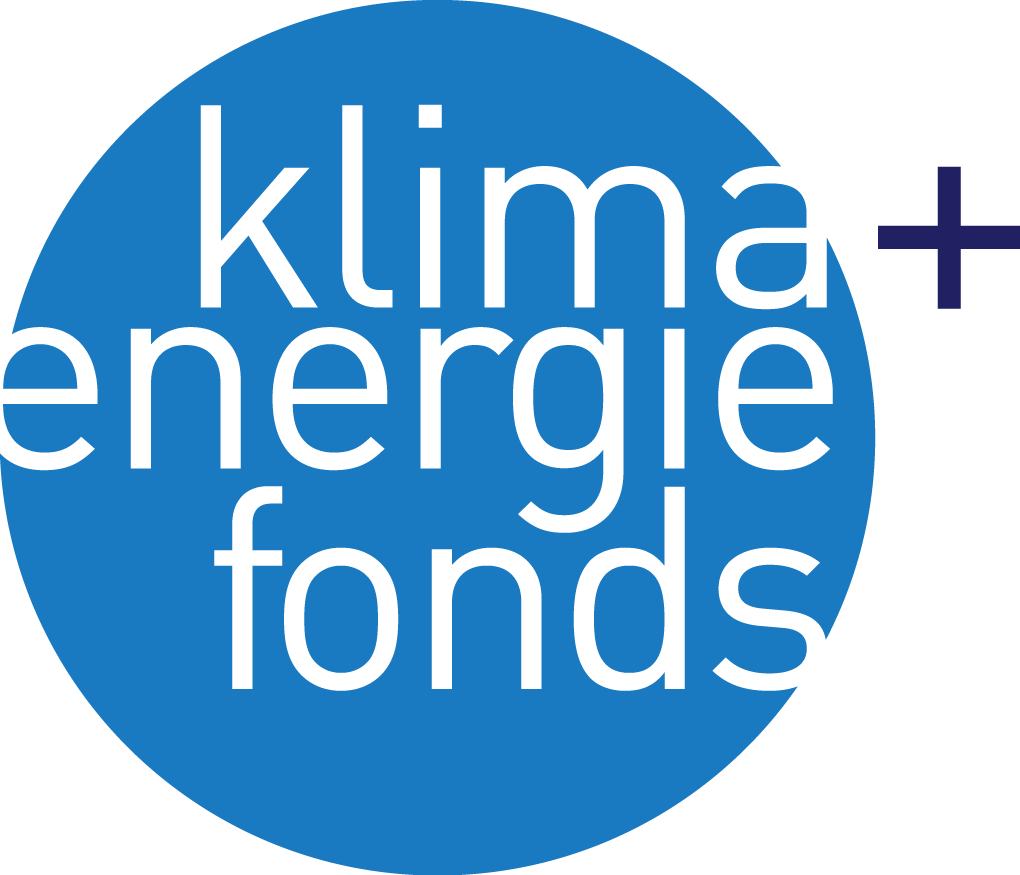Our research is centred at the crossroads of Invasion Science, Macroecology, Biogeography and Conservation Biology, with a strong focus on human-environment interactions.
The following aspects are at the core of our research:
- understanding patterns and underlying processes of biodiversity change at local to global scales and the processes that shape human-environment systems in an era of rapid global environmental change
- assessing consequences of biodiversity loss and reorganization on ecosystem services and human livelihoods and addressing related issues by investigating different biodiversity conservation approaches
- developing innovative ideas and concepts characterizing biodiversity change and biological invasion phenomena in the Anthropocene
- engaging in science-policy communication to shape environmental policy at the national and international level and promote best practices in biodiversity conservation
- communicating and interacting with the broader public to raise awareness for environmental change and its effects on human livelihoods and biodiversity
We are committed to a collaborative, inter-disciplinary, open-minded research culture complemented by highly active international scientific exchange. Consequently, we have established a sizable international scientific network and are open for new scientific collaborations.
Sustainability in Science: Our guideline for reducing climate impacts by work-related travelling
Background
Climate change is an – likely THE – existential threat to humanity. The transport sector in general is one of the most important contributors to GHG emissions, and in contrast to most other sectors, its emissions have risen substantially during recent years. In academic research, travelling is causing the by far largest contribution to work-related GHG emissions.

Vision
In recognizing our responsibility for working sustainably, the BioInvasions Division will reduce its travel-related GHG emissions substantially. This vision will be implemented by recognizing the importance of participation in academic meetings, and thus offering the opportunities needed to ensure participation in relevant meetings; further, the possible additional costs caused by GHG-emission saving ways of transport will be accounted for.
By implementing this guideline, the group will become a role model of how scientific research and adhering to principles of sustainability can be implemented in academia. We therefore also promote our approach to other colleagues and institutions as a possible role model.
General principles
The following principles form the basis of our travel guidelines:
- Travelling by airplane is causing twenty times as much CO2 emission per km travelled compared to using a train. Therefore, for destinations for which public transport is available and acceptable, we will use public transport. This
includes all distance which can be reached by (night) train, long distance buses etc. within 15 hours from Vienna. - Participation in meetings that are located beyond this travel distance, if attendance
will be based on using flights, will be discussed jointly and critically assessed
in terms of their relevance. Participation will be granted only if there are highly
important reasons of participation.
Those reasons may include (but not guarantee) one or multiple considerations below and will be discussed on a case-by-case basis.- Highly topical match of the travel purpose (e.g., special topical symposium;
closer alternatives are not available. - Important networking opportunities (e.g., particularly for early-career
researchers) - Capacity-building opportunities (e.g., in developing regions or with
underrepresented communities)
- Highly topical match of the travel purpose (e.g., special topical symposium;
- Higher travel costs for public transport (e.g. night train versus flight) and other travel-related costs (e.g. intermediate overnight-stays) will
be compensated for. - For all above-listed guiding principles, individual exemptions can be made based on
important personal (e.g. health issues) or work-related reasons.
This travel guideline will enter into effect at the 01.10.2024.

